Tag: peace


Ukraine’s Offensive Might Play into Putin’s Hands
August 14, 2024 | Post
Ukrainian troops launched a surprise offensive on Aug. 6, crossing the Russian border into the Kursk region before

The Economic Impact of the Ukraine War
May 22, 2024 | Post
Over two years since Russia’s invasion of Ukraine, the war’s economic toll is immense: $564.9 billion in infrastructure damage, daily costs of

What explains the rise of antisemitism in American colleges?
October 26, 2023 | Post
In the past week, we have witnessed a wave of antisemitism and support for terrorism spreading in American universities. But why is this the case?

Libya: a cautionary tale against interventionism
September 19, 2023 | Post
This month’s devastating floods affecting Libya have brought the country back to the forefront of international media. In the annals of international relations, Libya stands as a stark reminder of the perils of interventionism.

Why are people in Sudan running for their lives again?
July 18, 2023 | Post
Leaders on both sides of the conflict in Sudan have inflicted political repression as they strive to maintain their grip on power. Activists, journalists, and civil society organizations face harassment, arrests, and imprisonment, effectively undermining their right to political participation.

A realistic look at Iran’s nuclear program
April 28, 2023 | Post
Let’s take a brief look at the history of Iran’s nuclear program and former nuclear agreements to see where we might be headed.
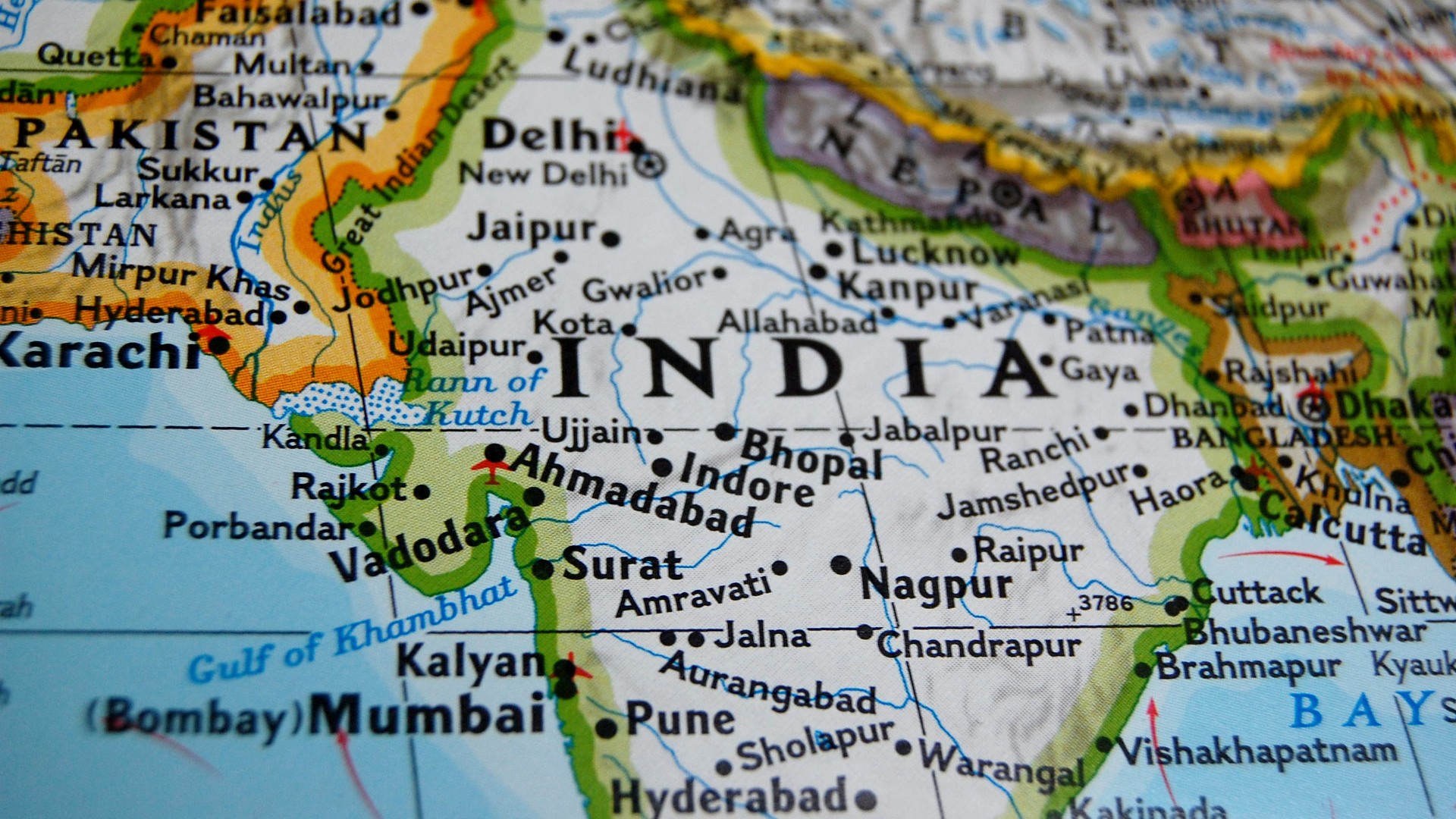
Should India repeal the Armed Forces Special Powers Act in the North East?
March 15, 2023 | Post
The Armed Forces Special Powers Act gives sweeping powers to members of the Indian armed forces to make arrests without a warrant on the basis of mere suspicion and in some cases even to open fire. New Delhi is keen on a phased, cautious repeal of AFSPA in India’s North East Region, but more can definitely be done.
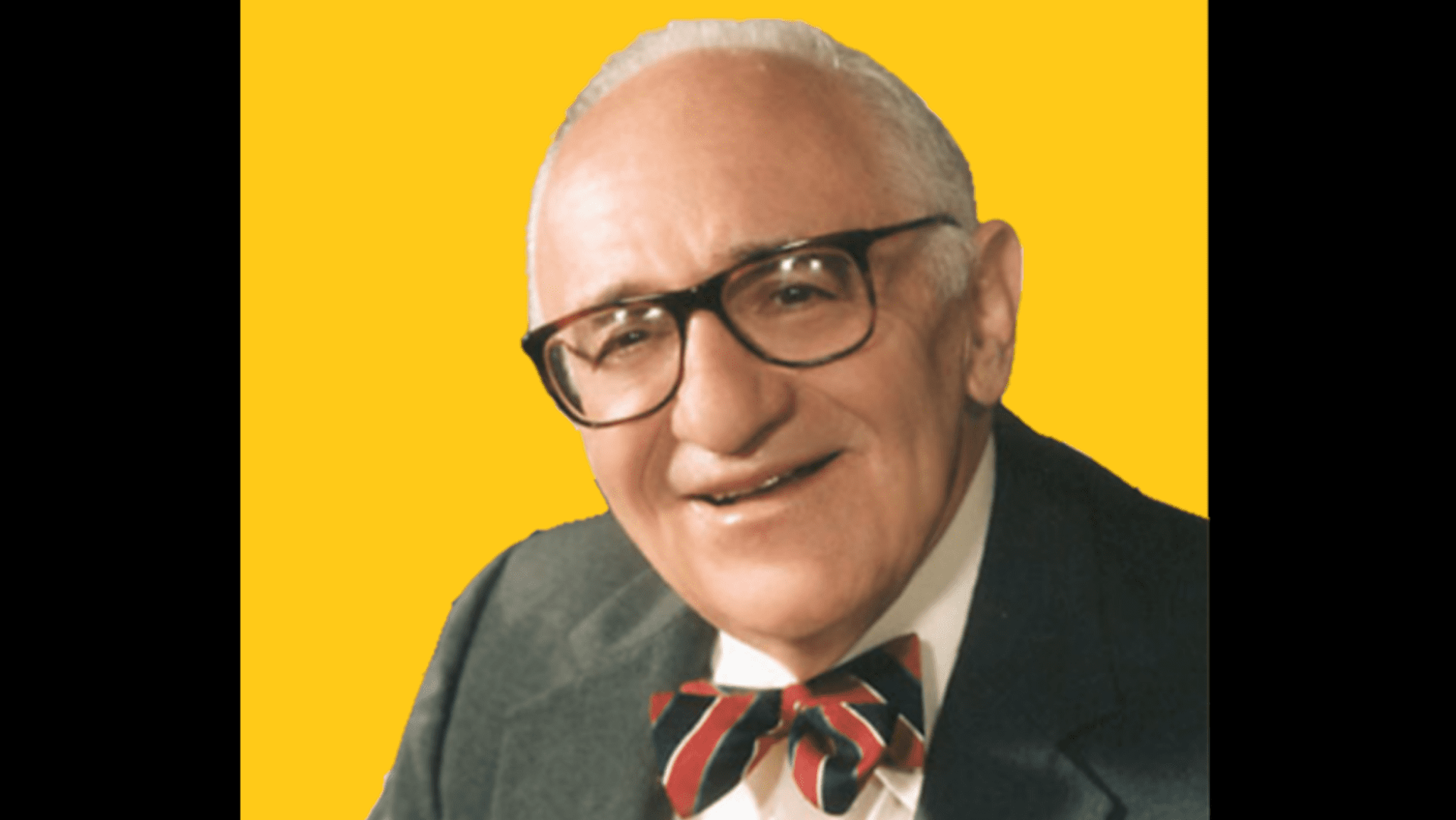
Murray Rothbard’s unwavering commitment to peace
March 2, 2023 | Post
Across his many political coalitions, Murray Rothbard remained steadfast in his opposition to war and to American intervention abroad.
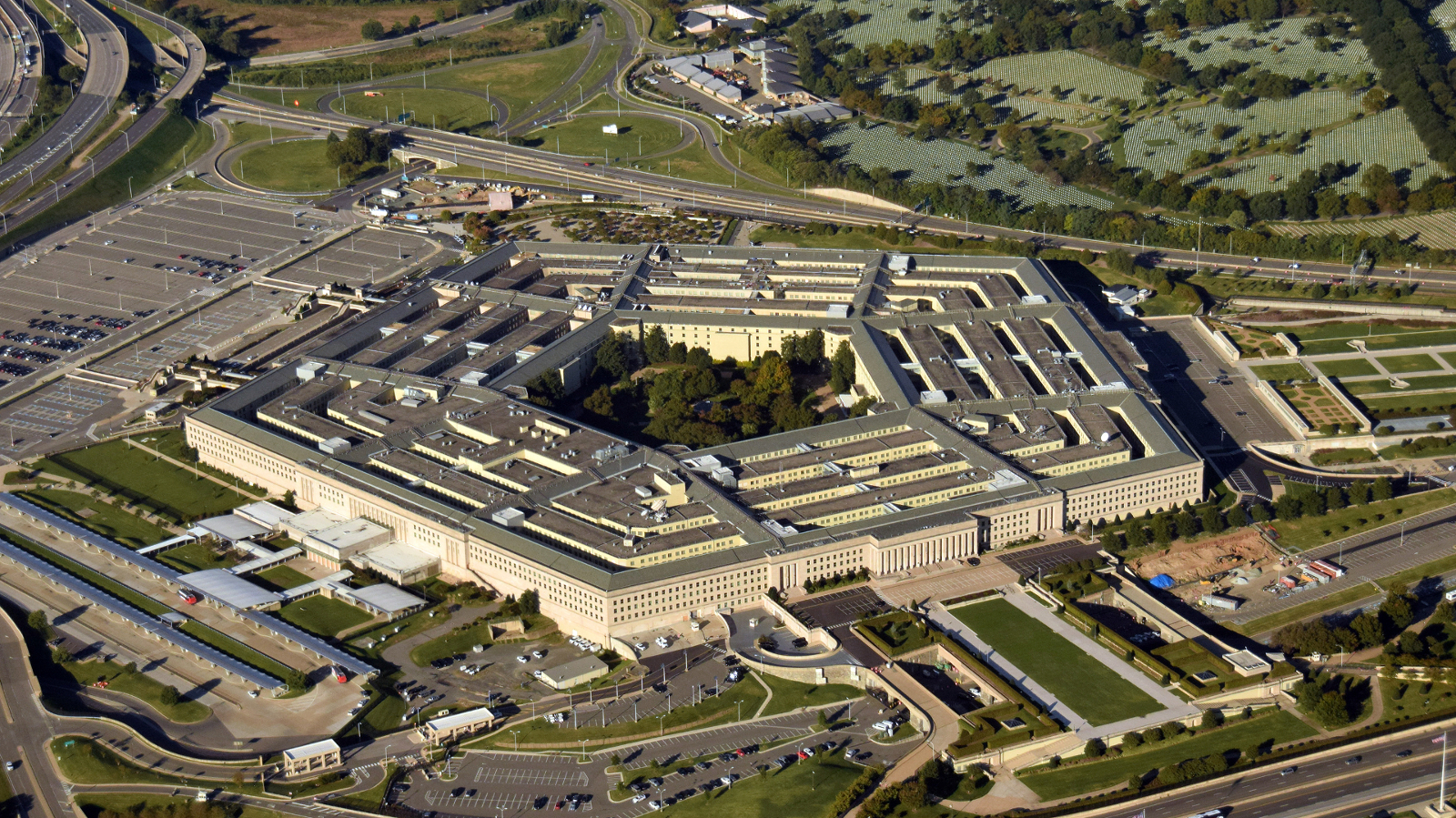
Has interventionism jeopardized America’s future?
February 13, 2023 | Post
President Washington famously warned against entangling alliances in his farewell address to Congress. But now more than ever, it seems that escalations across the globe are tempting the United States to become increasingly involved in other countries’ dilemmas. American citizens and legislators must remember part of what made the American experiment so unique and resist the temptation of interventionism. Here’s why…

A time of reckoning: what’s happening in Iran?
October 13, 2022 | Post
In Iran, people across all generations and backgrounds are demonstrating together with one voice. As the weeks go by, Iranians are remaining resolute in demanding real change.
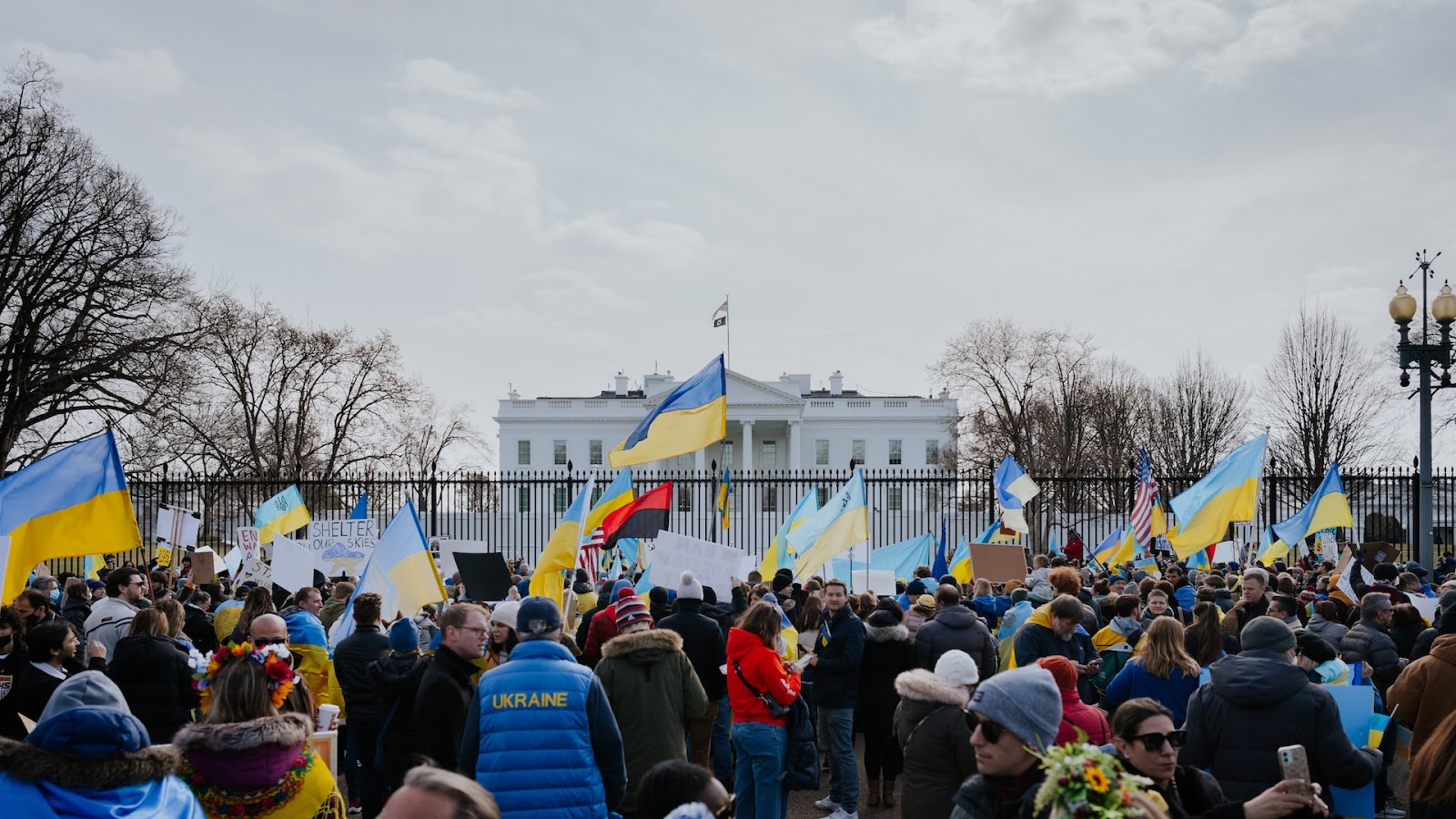
Libertarian alternatives to war with Russia
September 8, 2022 | Post
If we decide that the United States should support Ukraine against their Russian aggressor, there is still the question of what American support for Ukraine should look like from the point of view of a libertarian defense of non-aggression.

What do libertarians and progressives have in common?
August 22, 2022 | Post
While libertarians and progressives perpetually remain miles apart on economics, the sovereignty of the individual, and the proper role of the state, we should not deny ourselves opportunities to build partnerships, make friends, and advance the cause of liberty wherever possible.

Why libertarians should support Ukraine but oppose American military intervention
August 17, 2022 | Post
A libertarian’s opposition to American military involvement in this war should not be because of edgy nonsense about Russia being provoked, or the historically ignorant idea that Ukraine is only defending itself because it’s taking orders from the West.

People say Putin is pragmatic; here is why they are wrong
June 23, 2022 | Post
Students For Liberty’s Director of Alumni Programs, Jorge Jraissati, gives his thoughts on the ideology of Vladimir Putin, its history, and its ongoing effects.

The History of Juneteenth – Is it Connected to Classical Liberalism?
June 18, 2022 | Video
With Juneteenth approaching and now a federal holiday, it’s clear the last decade’s nationwide protests against police violence were effective — at least to some extent. Of course, they stood on the shoulders of broader and even more successful movements: Abolition in the 19th century and Civil Rights in the 20th. What characteristics, if any, […]
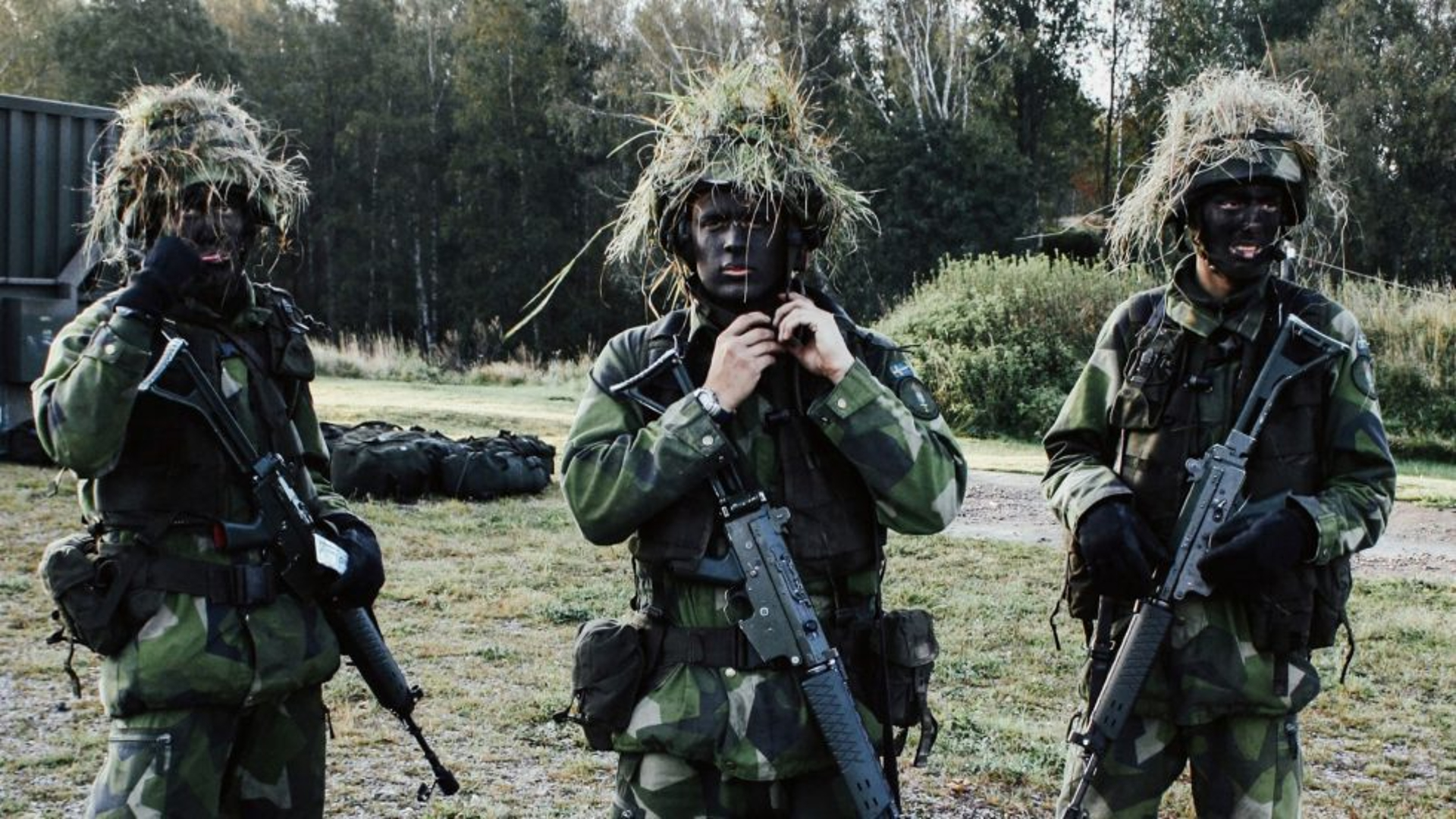
Just war; unjust conscription
March 24, 2022 | Post
Coercing young and middle-aged men to fight implies that certain people’s rights are not absolute, but disposable in service of the “greater good”
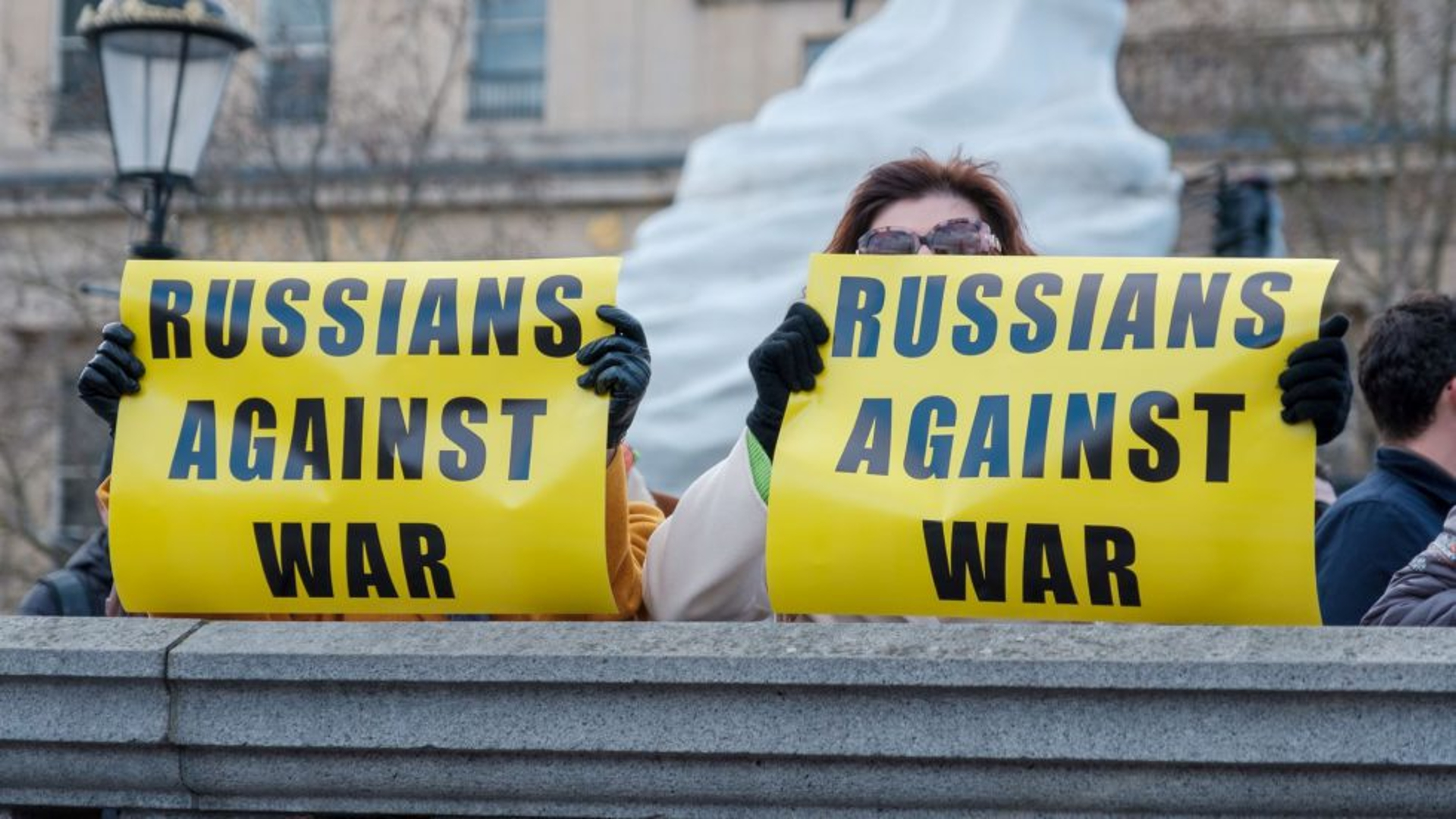
What can Russians do to help Ukraine?
March 16, 2022 | Post
Already oppressed by an authoritarian regime, Russians are now made to fight and die in service to Putin’s brand of tyranny. What are their options?

Ukraine and the struggle for liberty
March 15, 2022 | Post
At present, we are reminded that freedom is not guaranteed. The war in Ukraine is fundamentally a showdown between liberty and tyranny.
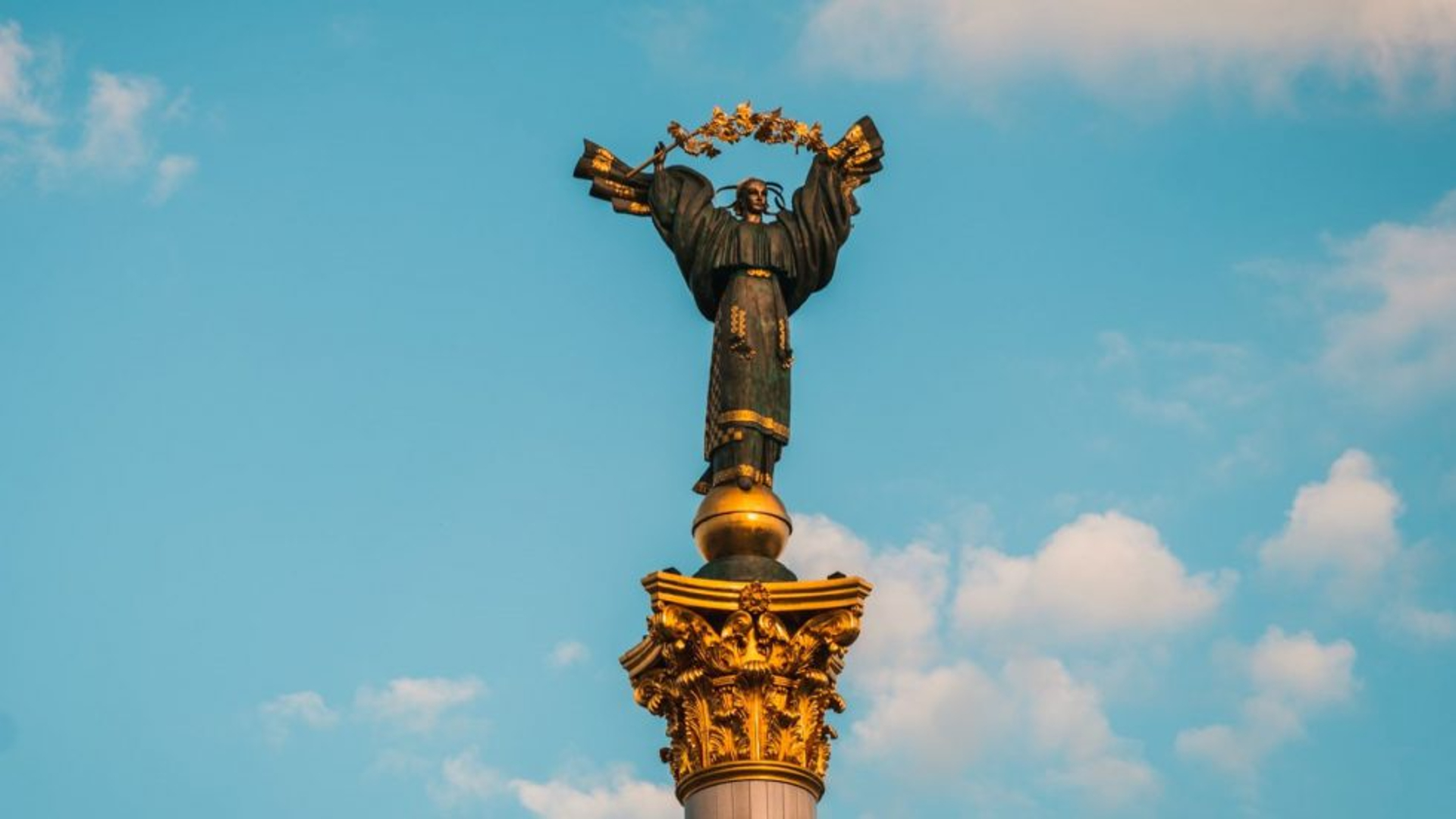
Ukrainians stand defiant in the face of Putin’s aggression
March 4, 2022 | Post
Faced with the full-scale invasion of their country and widespread atrocities, Ukrainians stand defiant against Putin’s aggression.
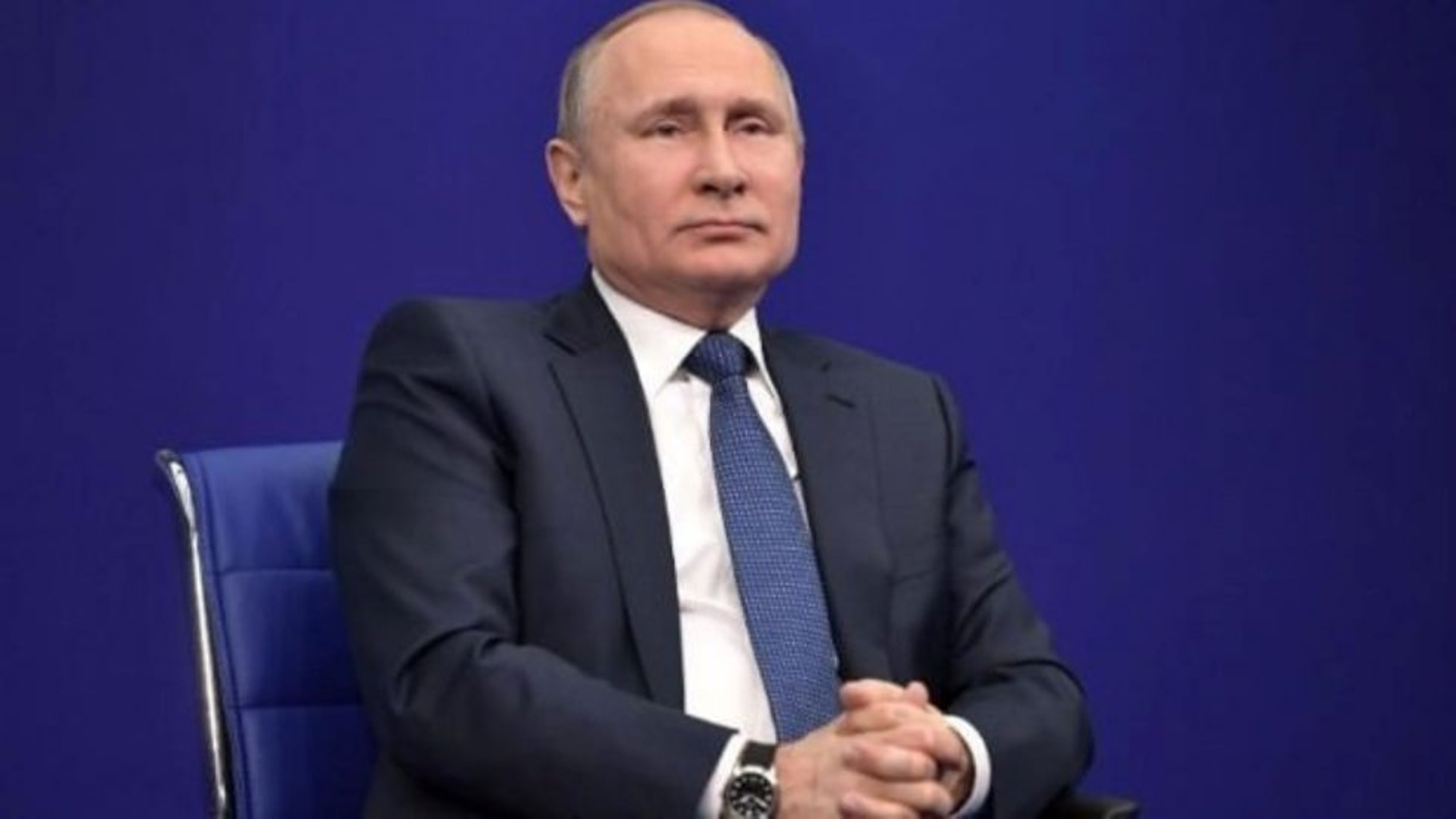
Ukraine’s foreign policy is a matter for Ukrainians, not Putin
February 10, 2022 | Post
As a sovereign and independent nation, Ukraine’s foreign policy is not a matter to be determined by Vladimir Putin, the United States, or the European Union
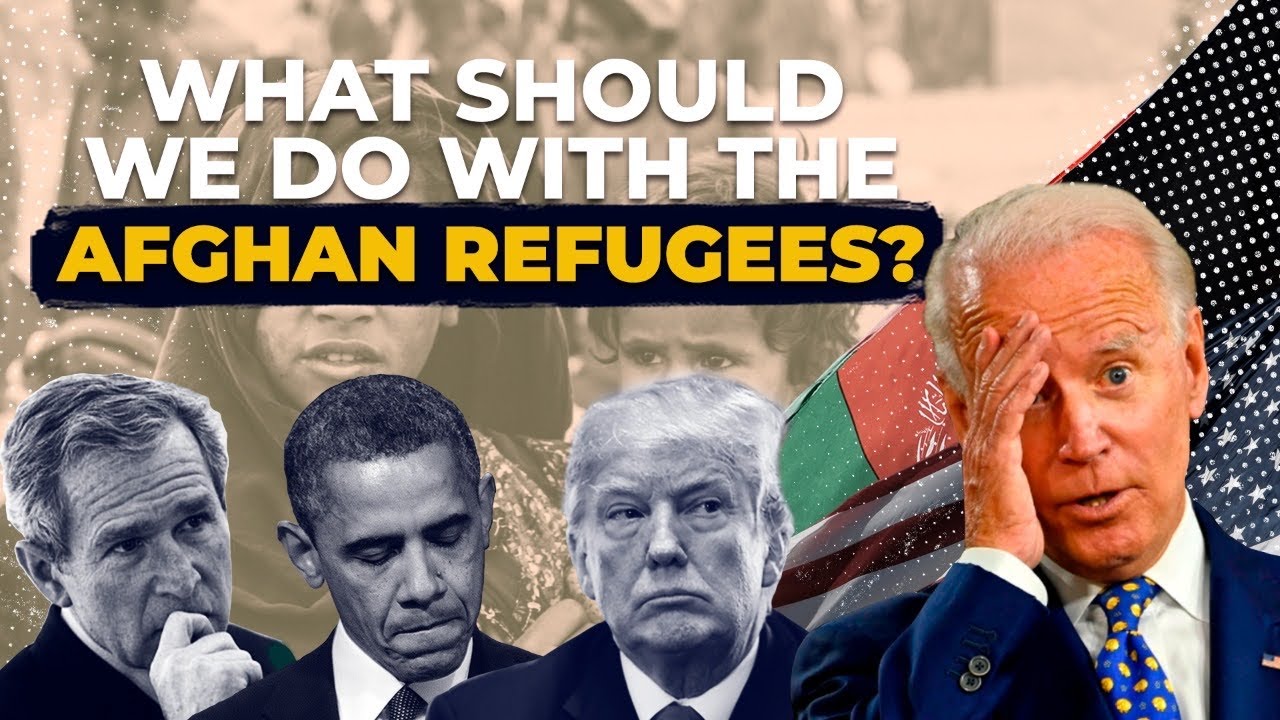
The Afghanistan Fiasco, Explained
November 4, 2021 | Video
Now that the war is over and American troops have withdrawn, how should U.S. policy treat refugees from Afghanistan? After all, the U.S. spent 20 years there and it ended in perhaps the least organized, most disastrous pullout in the history of human combat — but what, if anything, can still be salvaged?
In this video, we lay out a clear argument in favor of an open-borders policy from both an economic and a moral perspective.
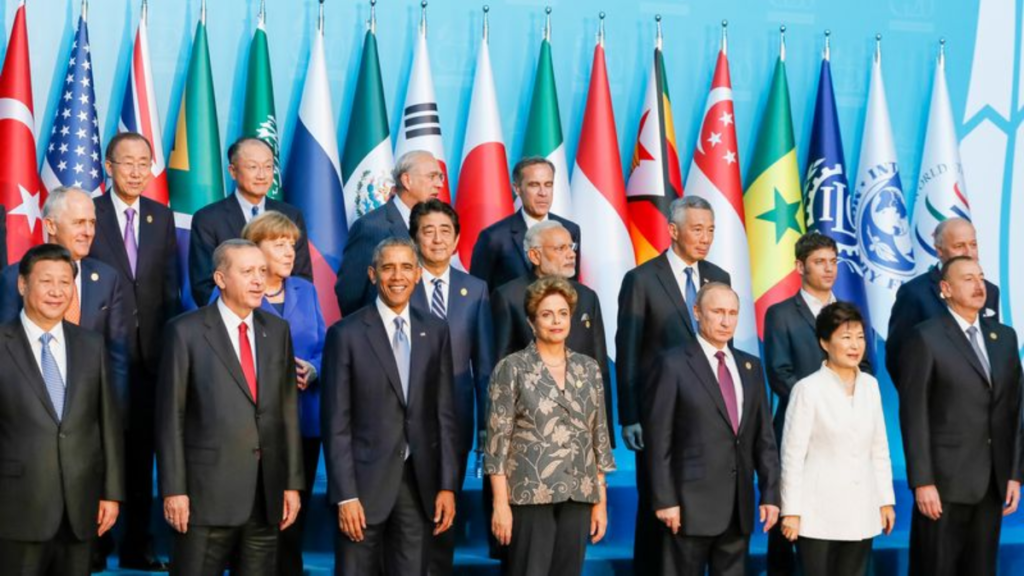
Trump, Trade, and Great Power War
March 23, 2017 | Post
One of the signature features of President Donald Trump’s campaign was his hostility to free trade. Then-candidate Trump repeatedly denigrated various multilateral trade pacts as bad deals for the United States. Pulling out of the Trans-Pacific Partnership, appointing opponents of free trade—such as Steve Bannon and Peter Navarro—into key positions, and promises of tariffs that are likely to […]

Why don’t humans kill each other like we used to?
March 16, 2017 | Post
Pinker claims — but fails to prove — that early states significantly increased human welfare by reducing the rate of war death.

The moral and spiritual blessings of trade among all nations
February 7, 2017 | Post
Free trade doesn’t just make us better off. It makes us better people. Donald Trump claims that raising barriers to trade is one of the things it will take to “Make America Great Again,” but he is wrong. Greatness—both of wealth and of moral character—comes from trade. And we have known this for a very […]

